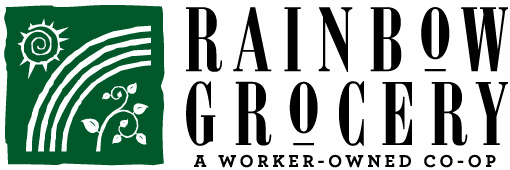Hepatocellular carcinoma (HCC) of the liver, which has no current effective treatment, is the world’s second most common recurrent cancer, with one million people dying of HCC annually worldwide. The treatment is poor at present because of drug resistance and the severe toxicity of the drugs used for chemotherapy. HCC cells are especially resistant to apoptosis (natural cell death). Hepatitis B, hepatitis C, alcohol use and aflatoxin(a carcinogenic mycotoxin) all increase the risk of HCC. In Asia and Africa, hepatitis is the likely cause of 80% of all HCC.
Silibinin is a portion of an extract of milk thistle (Silybum marianum) called silymarin, which has strong antitoxic effects on the liver in all kinds of liver disorders. Silibinin has known anticancer effects and was tested against HCC by the authors. Silymarin and silibinin have anticancer effects on prostate, skin, breast, colon, lung and bladder cancer.
The authors studied the effects of silibinin on cell toxicity and apoptosis against two different types of HCC cell types, HepG3 and Hep3B cells. The growth of both types of cells was strongly inhibited by silibinin with the inhibition of Hep3B cells being the strongest, with associated apoptosis. The highest growth inhibition was seen at the silibinin dose of 300 micromol/L.
CONCLUSION: Silibinin was shown to increase apoptosis and to strongly inhibit the growth of HCC cells to the same degree as the treatment of other human cancers. Clinical studies on humans are suggested and supported by the results of this present study.
NOTE: The current high frequencies of HCC worldwide are most likely related to high international incidence rates of hepatitis B and hepatitis C. There are more viral hepatitis types. Read about the use of silymarin in the treatment of viral hepatitis.
Apoptosis is “natural cell suicide” for abnormal cells. Aflatoxins, produced by Aspergillus fungus, are known carcinogens.
PMID: 16322307.
Summary #245.

